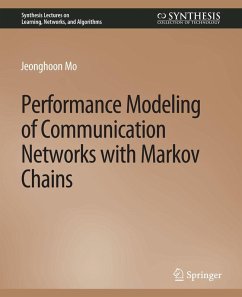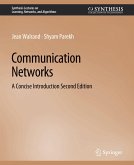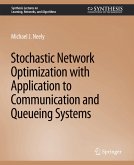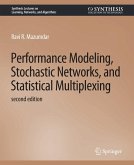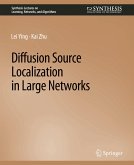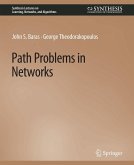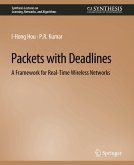This book is an introduction to Markov chain modeling with applications to communication networks. It begins with a general introduction to performance modeling in Chapter 1 where we introduce different performance models. We then introduce basic ideas of Markov chain modeling: Markov property, discrete time Markov chain (DTMC) and continuous time Markov chain (CTMC). We also discuss how to find the steady state distributions from these Markov chains and how they can be used to compute the system performance metric. The solution methodologies include a balance equation technique, limiting probability technique, and the uniformization. We try to minimize the theoretical aspects of the Markov chain so that the book is easily accessible to readers without deep mathematical backgrounds. We then introduce how to develop a Markov chain model with simple applications: a forwarding system, a cellular system blocking, slotted ALOHA, Wi-Fi model, and multichannel based LAN model. The examples cover CTMC, DTMC, birth-death process and non birth-death process. We then introduce more difficult examples in Chapter 4, which are related to wireless LAN networks: the Bianchi model and Multi-Channel MAC model with fixed duration. These models are more advanced than those introduced in Chapter 3 because they require more advanced concepts such as renewal-reward theorem and the queueing network model. We introduce these concepts in the appendix as needed so that readers can follow them without difficulty. We hope that this textbook will be helpful to students, researchers, and network practitioners who want to understand and use mathematical modeling techniques.Table of Contents: Performance Modeling / Markov Chain Modeling / Developing Markov Chain Performance Models / Advanced Markov Chain Models

